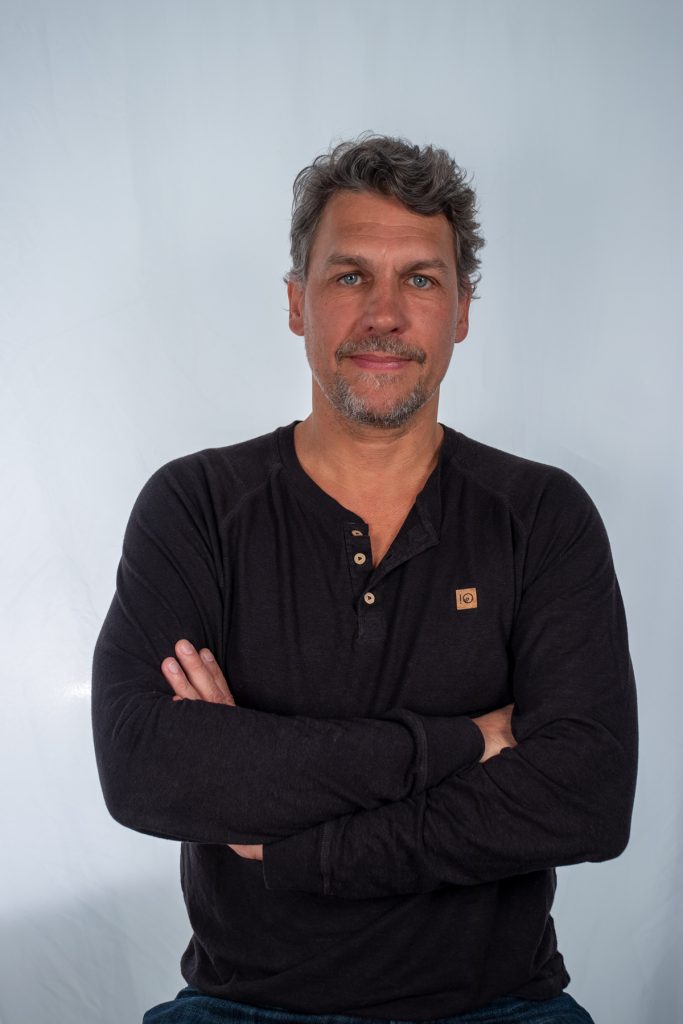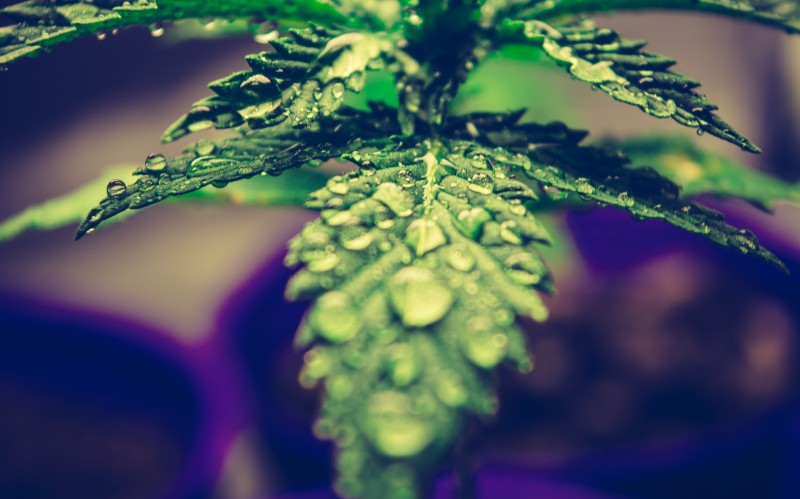HydroLogic Purification Systems, C&T’s 2019 Sustainable Leadership Award winner in the water category, is a trailblazer when it comes to producing eco-friendly water solutions.

According to HydroLogic President Rich Gellert, his company became the first to implement sustainable coconut carbon filters, condensate reclamation systems, nutrient reclamation systems for commercial farms, and containerized wastewater treatment systems.
While he couldn’t go into detail, Gellert hints at a new and exciting, groundbreaking technology that HydroLogic will be presenting at the 2020 MJ Biz Conference this December.
Keep checking CannaTechToday.com for updates on their new, ultra-sustainable debut.
In this exclusive interview, Gellert discusses resilience, water purification tech, and how HydroLogic is doing their part to help customers during these unpredictable times.
Cannabis & Tech Today: How has HydroLogic been impacted by the pandemic?
Rich Gellert: We’ve almost doubled our sales since the beginning of the pandemic.
I think the industry itself is doing really well and growing and we’re growing with it.
I also think that a lot more people are smoking cannabis nowadays.
There are supply chain problems for the local stores, just not being able to get the product.
I think there has been a marked increase in usage and I think what’s happening is people are responding to it.
I also think people are wanting to decentralize and be self-sufficient and are getting smaller, hobby-style, water filtration systems to grow their own.
So, we’re seeing an increase on both the hobby side and the commercial/industrial side as well.
Cannabis & Tech Today: You talked about the supply chain — HydroLogic sources a lot of products from the U.S. Has that helped maintain your supply stream, despite shortages caused by the pandemic?
RG: For sure. All of our filters are hand-built in the U.S., more specifically right here in California, and our manufacturing partners are in the same position we are; they’re deemed essential.
So, that’s been very helpful to keeping up with demand.
We’re at a point right now where we’re getting so many new orders from our distributors and our customers that we’re having to re-evaluate our inventory, our stock levels, and how we order, just to be able to keep up with it.
But yes, that’s helped for sure. The fact that we are US-based.
Cannabis & Tech Today: What would you say are some of the main challenges facing your customers right now, as far as their water demands or things that they’re hoping you can help them solve?
RG: I’m sure you’re aware, but we have technology for treating tap water.
So city water, or well water, surface water, whatever they’re bringing into the building and treating for irrigation.
We also have technology on the backend, treating the wastewater.
So, that’s the nutrient runoff water, the leachate water, also the condensate water that forms from the humidifier’s air handlers, things like that.
That’s normally considered wastewater, right?
So we can help the customers on both ends, the front end and the back end.
So I think as far as a challenge for the customers, it is the regulations regarding wastewater. It’s absolutely happening.
Massachusetts, you can’t dump anything down the drain.
So, they’re implementing our technology to help clean up that wastewater.
Cannabis & Tech Today: You’re also doing water reclamation with HVAC with your ARC system. Would you tell me a bit about that?
RG: So, there’s no wastewater really associated with the ARC system.
If you have, let’s say an indoor grow facility, that’s using HVAC that’s really well built and very properly sealed.
They can reclaim upwards of 90% of their irrigation water through condensates.
So, if you imagine the plants are giving water off in the form of water vapor, they’re respiring the water.
And then the HVAC captures that, condenses it, and spits it out as condensate.
So you can literally get 90% of the water that you put into the plants back out as condensates… So, ARCS takes that condensate and makes it completely safe.
It sterilizes it, pulls out the heavy metals, and balances the pH. It allows you to reuse the condensate safely as irrigation water.
Cannabis & Tech Today: Something people have been talking about a lot since the pandemic is, how can we come out on the other side of this with more sustainable practices? Do you think that, on a corporate level, more companies are going to start putting sustainability first as we turn the corner from this crisis?
RG: Sure. I think sustainability is going to come from two different areas.
It’s going to come from cost savings, simple as that.
The company, if they’re more sustainable, if they can save more of their water and reuse that water, there’s an ROI on that, right?
I mean, they’re going to invest in the equipment, but then two, three years down the road, it’s going to pay for itself and they’re going to be in the black at that point.
So, I feel that’s going to come from not just saving money, but also regulations I think are going to be part of it.
And from a marketing standpoint, I think if you can show customers that you’re different from your competitors in terms of being more sustainable, being more local based, being more efficient in your practices.
I think that’s a powerful marketing message.
Interview conducted by Patricia Miller.






